HERBAL REMEDIES FOR TREATMENT OF STOMACH ULCER
WHAT IS STOMACH ULCER
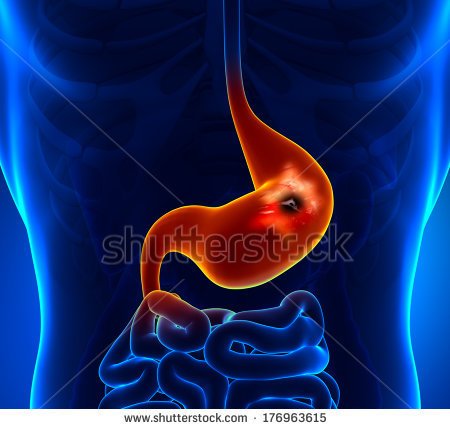
Image source
Stomach ulcers are sores in the lining of the stomach or small intestine. They occur when the protective mucus that lines the stomach becomes ineffective.
The stomach produces a strong acid to help digest food and protect against microbes. To protect the tissues of the body from this acid, it also secretes a thick layer of mucus.
If the mucus layer is worn away and stops functioning effectively, the acid can damage the stomach tissue, causing an ulcer.

Image source
Stomach ulcers are relatively easy to cure, but they can cause significant problems if left untreated.
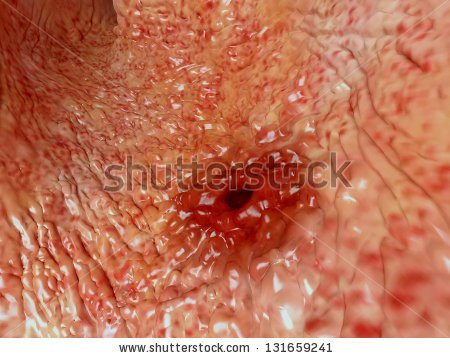
Image source
Causes Of Stomach Ulcers
The two main causes of ulcers of the stomach and small intestine are:
H. pylori bacteria
H. pylori is a common type of bacteria that grows in the digestive tract and has a tendency to attack the stomach lining. It infects the stomachs of roughly 60 percent of the world’s adult population. H. pylori infections are usually harmless, but they’re responsible for the majority of ulcers in the stomach and small intestine.
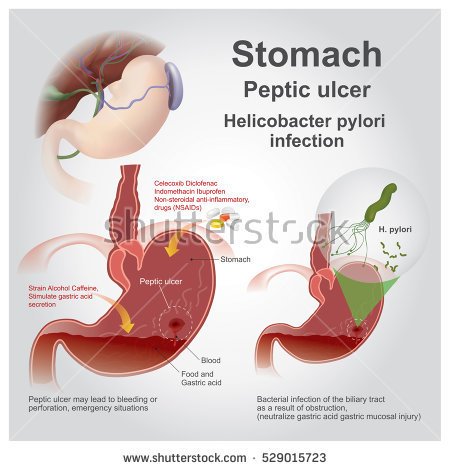
image source
The spiral shape of H. pylori allows them to penetrate your stomach lining, where they’re protected by mucus and your body’s immune cells are not able to reach them. The bacteria can interfere with your immune response and ensure that they’re not destroyed. This can lead to stomach problems.
What causes H. pylori infections?
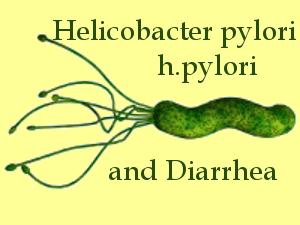
image source
It’s still not known exactly how H. pylori infections spread. The bacteria have coexisted with humans for many thousands of years. The infections are thought to spread from one person’s mouth to another. They may also be transferred from faeces to the mouth. This can happen when a person does not wash their hands thoroughly after using the bathroom. H. pylori can also spread through contact with contaminated water or food.
The bacteria are believed to cause stomach problems when they penetrate the stomach’s mucous lining and generate substances that neutralize stomach acids. This makes the stomach cells more vulnerable to the harsh acids. Stomach acid and H. pylori together irritate the stomach lining and may cause ulcers in your stomach or duodenum, which is the first part of your small intestine.
A class of painkillers called nonsteroidal anti-inflammatory drugs (NSAIDs)
Nonsteroidal anti-inflammatory drugs relieve pain, stiffness, swelling, and inflammation, but they do not cure the diseases or injuries responsible for these problems. Two drugs in this category, ibuprofen and naproxen, also reduce fever. Some nonsteroidal anti-inflammatory drugs can be bought over the counter; others are available only with a prescription from a physician or dentist.
NSAIDs may increase the chance of serious stomach and bowel side effects like ulcers and bleeding when taken for a long time in most cases . This risk may be greater in older individuals. These side effects can occur without warning signs.
Less common causes of stomach ulcers include
Excess stomach acidity, or hyperacidity
This can occur for a range of reasons, including genetics, smoking, stress , and some foods.
Zollinger-Ellison syndrome
This is a rare disease t causes an excess of stomach acid to be produced
HERBAL REMEDIES FOR TREATMENT OF STOMACH ULCER
Flavonoids
Licorice
Probiotics
Honey
Garlic
Cranberry
Mastic
Fruits, Veggies, and Grains
FLAVONOIDS
Researcher suggests that flavonoids, asls known as bioflavonoids , may be an effective additional treatment for stomach ulcers . Flavonoids are compounds that occurs naturally in many fruits and vegetables. Foods and drinks rich in flavonoids include :
Soybeans
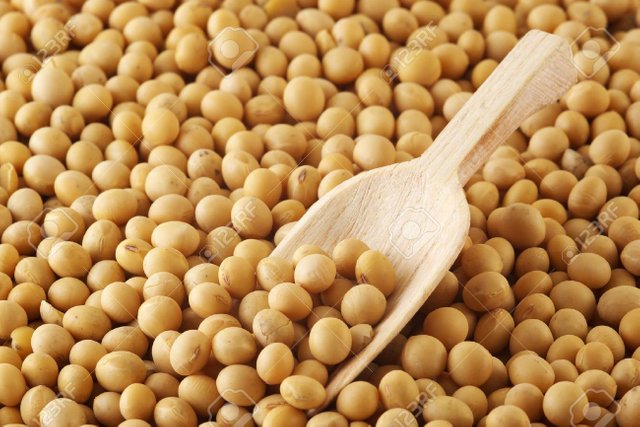
image source
Legumes
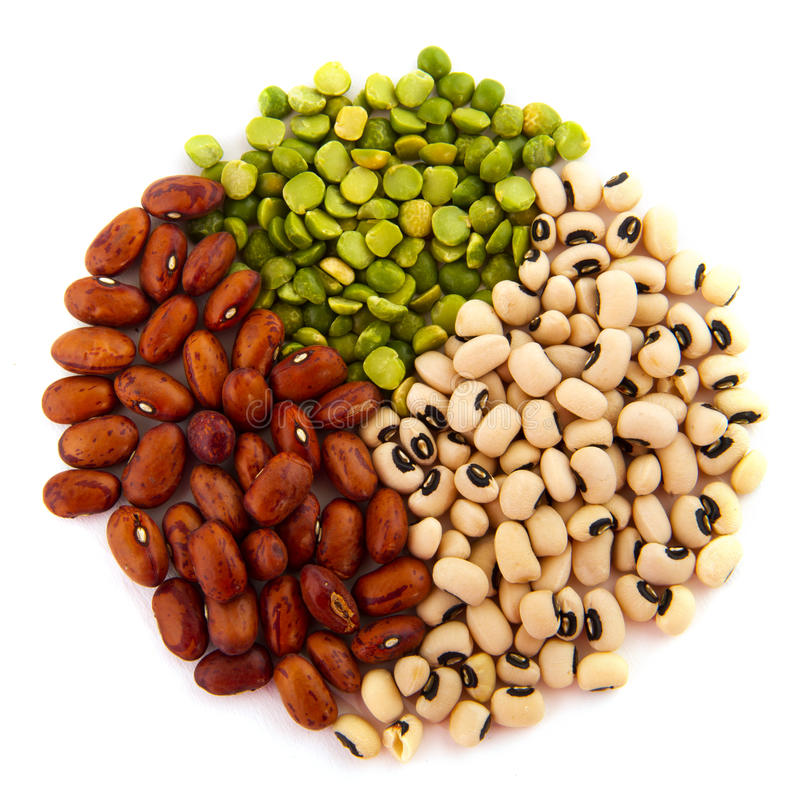
image source
Red grapes

image source
Kale
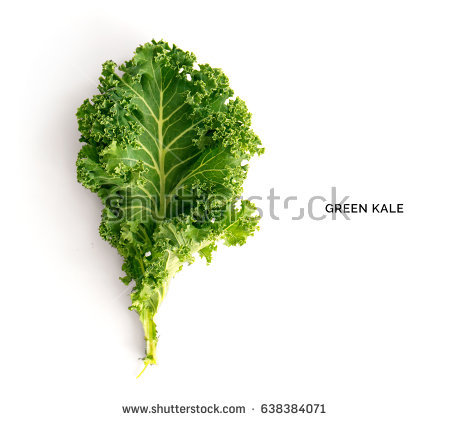
image source
Broccoli
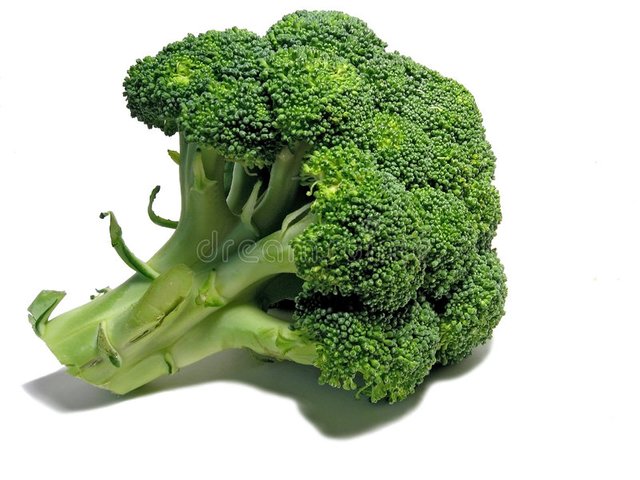
images source
Apples
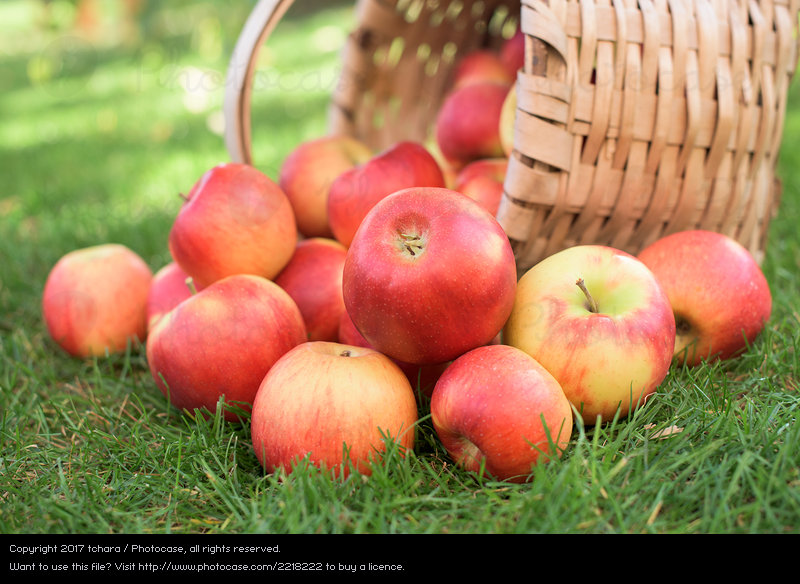
image source
Berries
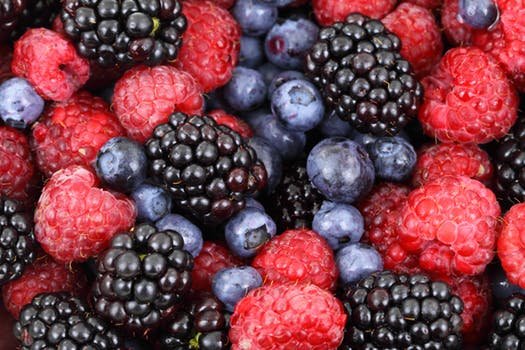
image source
These foods may also help in the fight against the H. pylori bacteria. Flavonoids are refered to as GASTROPROTECTIVE which means they defend the lining of the stomach and could allow ulcers to heal. According to the Linus Pauling Institute, there are no side effects of consuming flavonoids in the amount found in a typical diet , but higher amount of flavonoids may interfere with blood clotting. You can get flavonoids in your diet or take them as supplements.
LICORICE
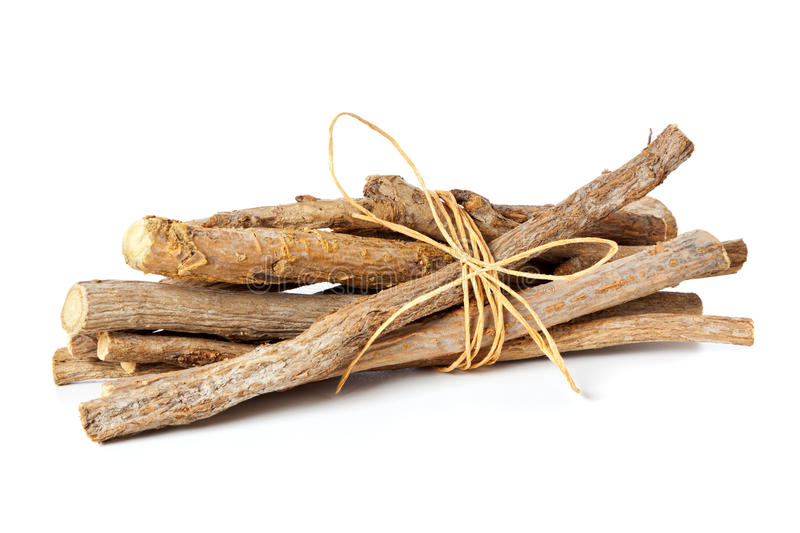
image source
Deglycyrrhizinated licorice is just plain old licorice with the sweet flavor extracted. One study showed that deglycyrrhizinated licorice might help stomach ulcer heal by inhabiting the growth of H. pylori.
Deglycyrrhizinated licorice is available as a supplement . You cant get this effect from eating licorice candy , though. Too much licorice candy can be bad for some people. Consuming more than two ounces daily can make existing heart problems or high blood pressure worse .
PROBIOTICS
Probiotics are the living bacteria and yeast that provide healthy and important microorganisms to your digestive tract. They are present in many common foods, particularly fermented foods. These include:
Buttermilk
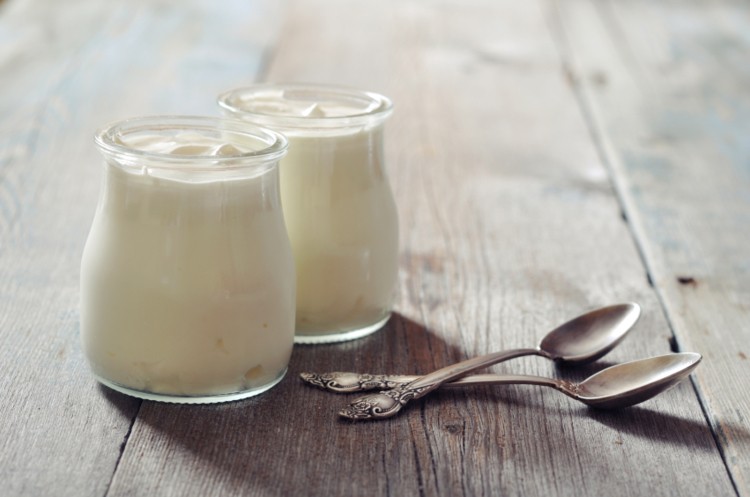
Yoghurt
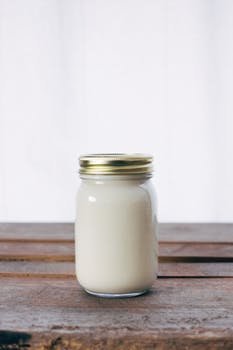
image source
Miso
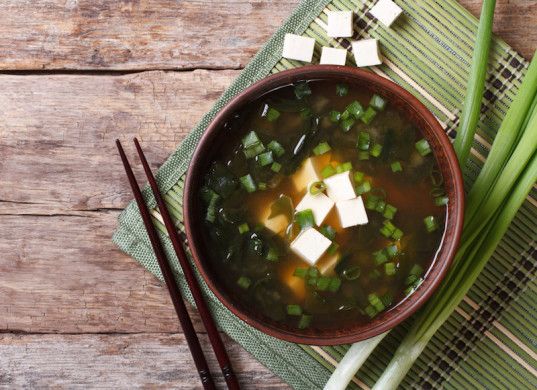
image source
Kimchi
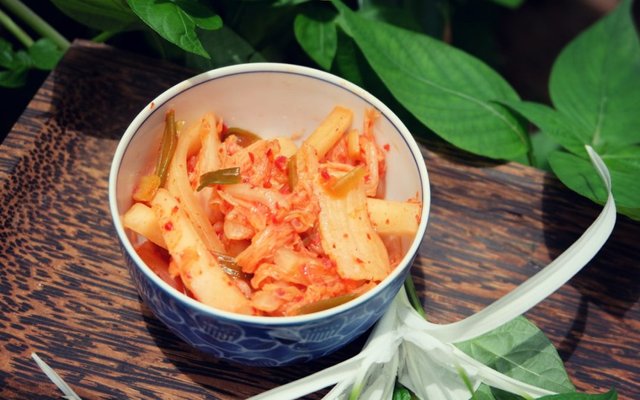
image source
Kefir
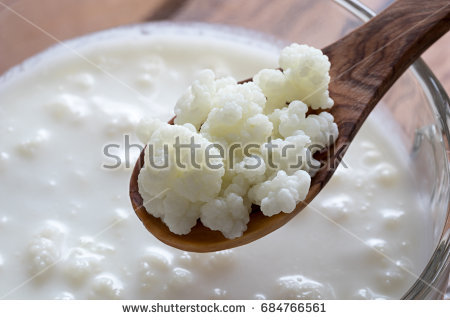
image source
You can also take probiotics in supplement form. Studies have shown that probiotics may be helpful in wiping out H. pylori and increasing recovery rate for those with stomach ulcers when added to the traditional regimen of antibiotics .
HONEY
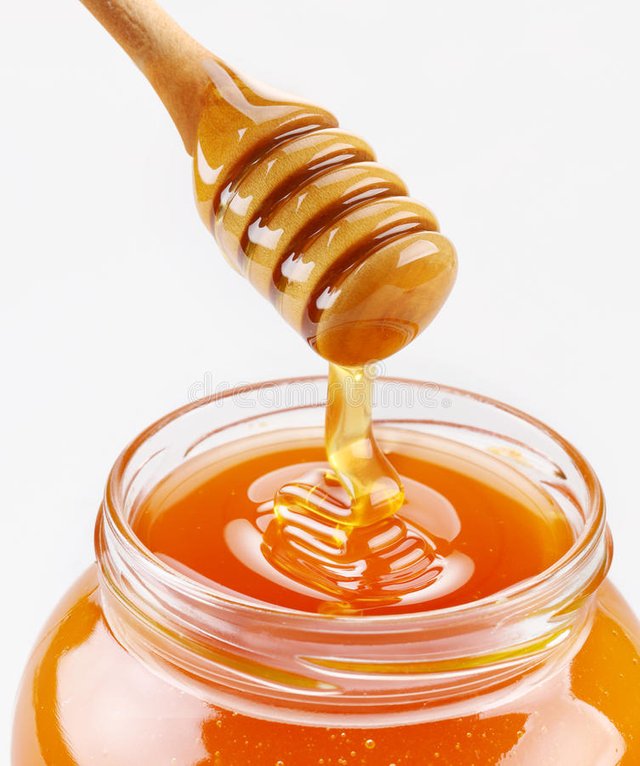
image source
Honey is far from simply sweet. Depending on its source , honey can contain up to 200 elements, including polyphenols and other antioxidants . Honey is a powerful antibacterial and has been shown to inhibit H. pylori growth. As long as you have normal blood sugar levels, you can enjoy honey as you would enjoy any sweetener , with the bonu of perhaps soothing your stomach ulcers .
GARLIC
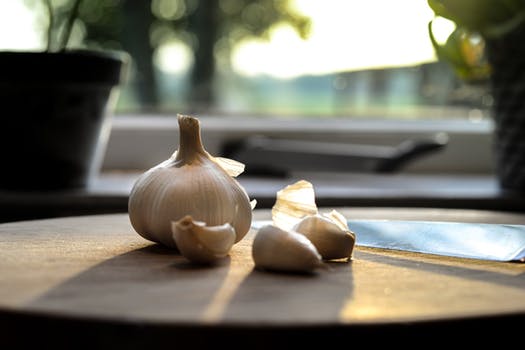
image source
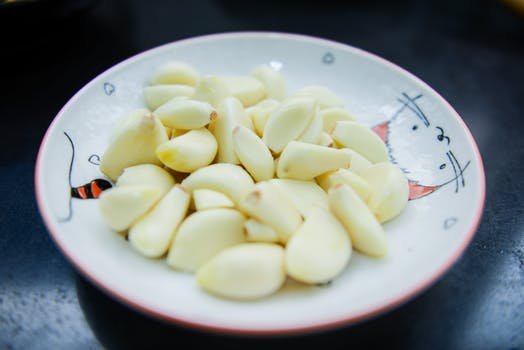
image source
Garlic extract has been shown to inhibit H. Pylori growth in lab, animal, and human trails. If you do like the taste ( and lingering aftertaste) of garlic, you can take garlic extract in supplemental form.
CRANBERRY
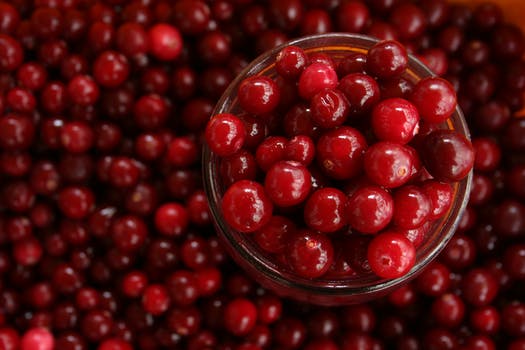
image source
Cranberry has been shown in some studies to help decrease urinary! Tract infections by preventing bacteria from settling on the walls of t by e bladder. Cranberry and cranberry extract also may help fight H. Pylori. You can drink cranberry juice, eat cranberries, or take cranberry supplements.
No specific amount of consumption is associated with relief. Too much cranberry in any form may cause stomach and intestinal discomfort due to its high sugar content, so start with small amounts and increase gradually. Many commercial cranberry juice a heavily sweetened with sugar or high fructose corn syrup, which can also add empty calories. Avoid those juices by buying juice sweetened only by other juices.
MASTIC
Mastic is the sap of a tree grown in the Mediterranean. Studies of the effectiveness of mastic on H. pylori infection are mixed, but at least one small study shows that chewing mastic him may help fight H. pylori, getting rid K the bacteria in about 3 out of 10 people who used it.
However, when compared to the traditional combination of antibiotics and acid-blocking meditations were significantly more effective than the gum. The traditional treatment got rid of the bacteria in more than 75% of the people studied. In this study, the mastic gum was not associated with any side effects. You can chew the gum or swallow mastic in supplement form.
FRUITS, VEGETABLE, AND WHOLE GRAINS
A diet centered on fruits, vegetable and whole grains is not just good for you overall health. According to the Mayo Clinic, a vitamin - rich diet can help your body heal your ulcers. Food containing the antioxidant polylhenols may protect you from ulcers and help ulcers heal. Polyphenol-rich foods and seasoning include
Dried rosemary
Flaxseed
Mexican Oregano
Dark chocolate
Blueberries, raspberries, strawberries, elderberries, and blackberries
Black olives
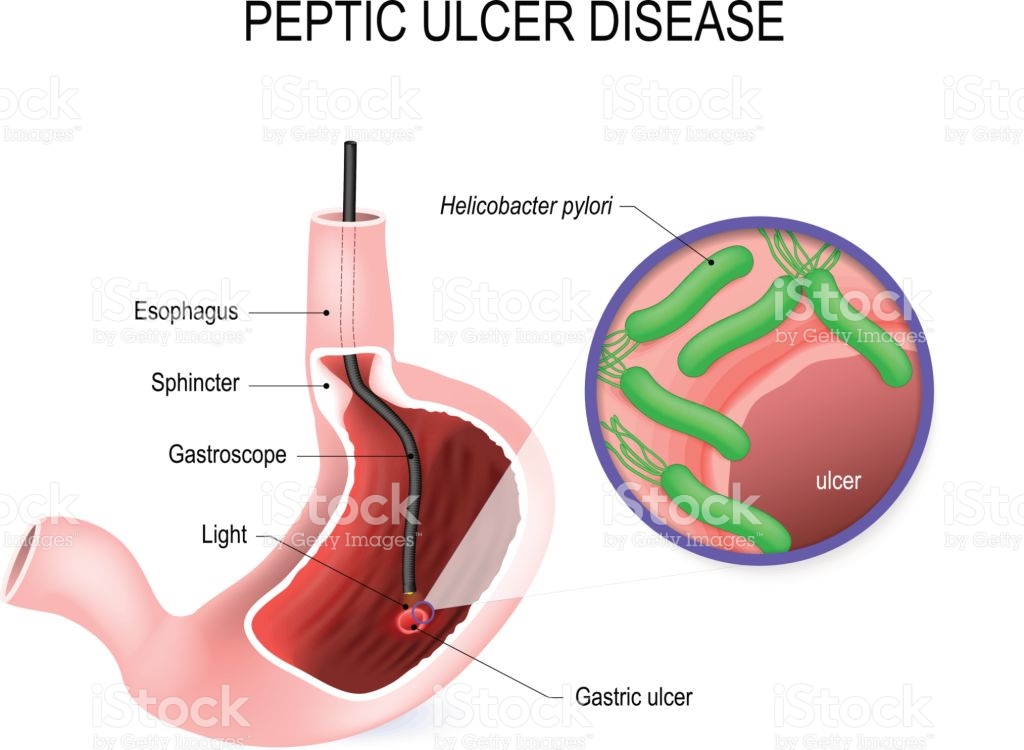
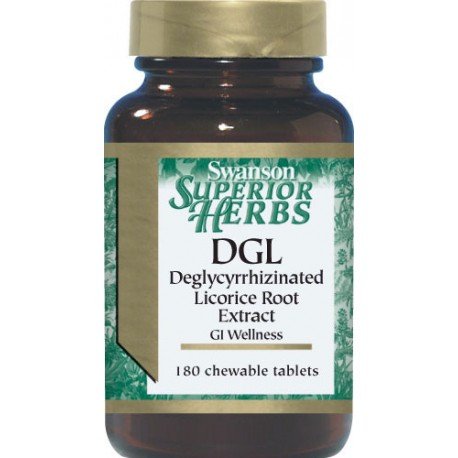
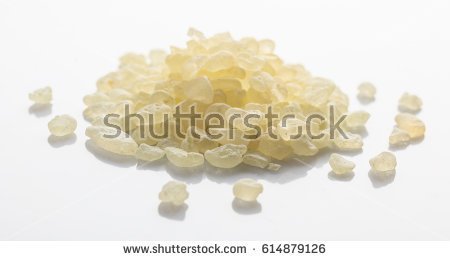
Great info
Bro you have really done a very good job for enlighten us on stomach ulcer. Very well educative one there
Thanks, that is what steemit is all about for me... Educational and informational...
@zicodee
This is really detailed and informative. I dread stomach ulcer and always feel sorry for people who suffer from it.
Thank you sir @ejemai... Hope this little information about it helps ...
This is one illness I don't pray for anyone
It's bot a good experience. Thanks for the information